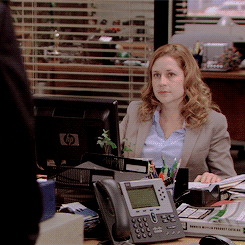College networking trips can be daunting if you've never been on one before. But don't worry, you'll get the hang of it very quickly. In the meantime, here are some pointers of what to expect:
1. Talking. A lot of it.
The majority of these networking trips is making connections, and the way to do that is through communication. Generally, your first point of contact will be an alum from your university, and he or she will then introduce you around to other members of his or her office. It’s important that you maintain interest and a smile throughout these exchanges, and remember to incorporate information about yourself and your skills whenever possible.
2. Expectation of questions.
Wherever you go, it’s important to show interest, even if you don’t see yourself with the company or organization you visit in the long run. Have a few key questions prepared such as, “What do your day-to-day operations look like for your specific position?”, to bring up whenever there’s a silence or an opportunity to ask questions. Always ask a question when the alum has specifically set aside time for questions.
3. Bouts of time without food.
Make sure you eat up beforehand and keep a water in your bag or briefcase at all times because your throat will get sore and you will be starving by the end of it.
4. But great food once it’s time.
Your university probably wants to impress the alumni who have come to meet with you, so that those alumni continue to lend a hand up to graduating students, so they get wonderful food. Try not to slobber too much over the food though, and remember your true purpose for coming—to connect. But also, college food sucks, so feel free to try to snag some food on the way out. The last one I went to had a literal sushi bar.
5. No one asking for your resume.
It doesn’t always happen. Most of the time, you’ll come out of a networking trip with a ton of emails and points of contact, but no internship or job offers. Don’t be discouraged; often, using those emails can be just as useful if not more so than handing someone a resume, because it allows you a chance to build a relationship with someone. That way, when it is time to hand over a resume, you get higher priority and recognization.





















